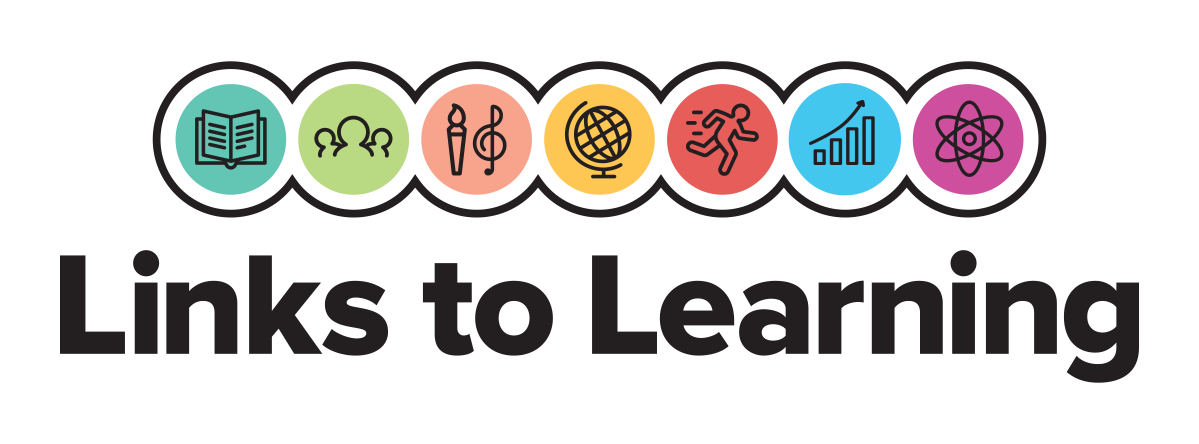- View All
- Topics
- Search
Topics
Blog Archive
-
2025 (5)
- March (2)
- February (1)
- January (2)
-
2024 (28)
- December (2)
- November (3)
- October (2)
- September (3)
- August (3)
- July (3)
- June (2)
- May (2)
- April (2)
- March (2)
- February (2)
- January (2)
-
2023 (15)
- December (2)
- November (2)
- October (2)
- September (1)
- August (1)
- July (1)
- June (1)
- May (1)
- April (1)
- March (1)
- February (1)
- January (1)
-
2022 (13)
- December (1)
- November (1)
- October (1)
- September (1)
- August (2)
- July (1)
- June (1)
- May (1)
- April (1)
- March (1)
- February (1)
- January (1)
-
2021 (15)
- December (1)
- November (1)
- October (1)
- September (2)
- August (1)
- June (1)
- May (2)
- April (1)
- March (2)
- February (2)
- January (1)
-
2020 (11)
- December (1)
- October (2)
- September (1)
- August (1)
- July (1)
- May (2)
- March (1)
- February (1)
- January (1)
-
2019 (12)
- December (1)
- November (1)
- October (1)
- September (1)
- August (1)
- July (1)
- May (2)
- April (1)
- March (1)
- February (1)
- January (1)
-
2018 (12)
- December (1)
- November (1)
- October (1)
- September (1)
- August (1)
- July (1)
- June (1)
- May (1)
- April (1)
- March (1)
- February (1)
- January (1)
-
2017 (12)
- December (1)
- November (1)
- October (1)
- September (1)
- August (1)
- July (1)
- June (1)
- May (1)
- April (1)
- March (1)
- February (1)
- January (1)
-
2016 (12)
- December (1)
- November (1)
- October (1)
- September (1)
- August (1)
- July (1)
- June (1)
- May (1)
- April (1)
- March (1)
- February (1)
- January (1)
-
2015 (12)
- December (1)
- November (1)
- October (1)
- September (1)
- August (1)
- July (1)
- June (1)
- May (1)
- April (1)
- March (1)
- February (1)
- January (1)
-
2014 (6)
- December (1)
- November (1)
- October (1)
- September (1)
- May (1)
- April (1)




Ready Set Imagine
When children engage in dress-up and pretend play, it is an opportunity for them to experiment, engage and grapple with various social situations. Playing without a script allows a child to take control of the situation and direct the play with their own set of rules. The character a child chooses to act out, the conversation he self-directs, and the social scenario he sets gives insight into what interests him most, what he has seen or heard in his environment, and how he interprets his own social world.
Beginning in the toddler years but peaking between ages three and five, we see children exploring gender roles, evaluating and exploring various interpersonal relationships (parent-child, siblings, friendships) and developing a moral identity. We see children directing who should play what type of social role, how people interact with one another, and what is right and wrong. Examples of social role-playing include instructions a child may add such as, “You be the kid and I’ll be the teacher,” “Shh! Be quiet around the baby,” or “Don’t eat my porridge, Goldilocks.” While we may feel tempted to overlay our own social compass onto these situations, it’s most helpful to simply play along and listen closely to what our children are saying, enjoying a unique glimpse into the world from their eyes.